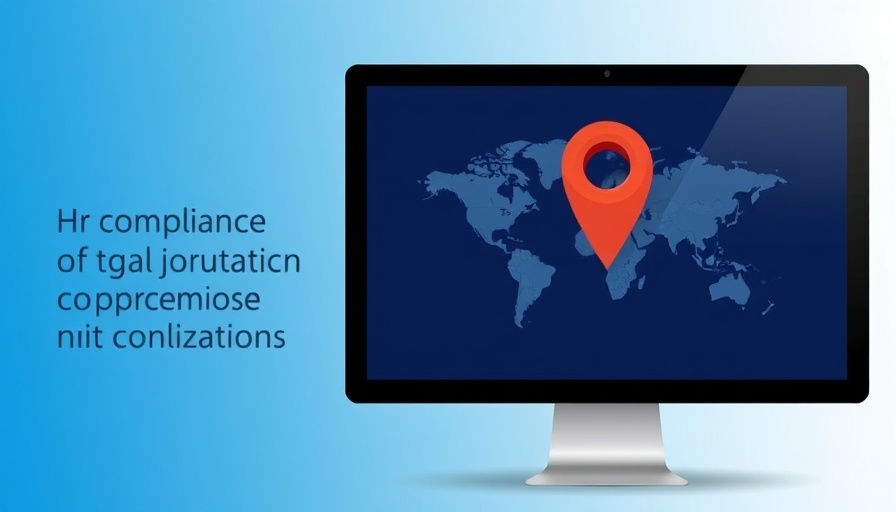
Understanding the Maze of Employment Law Compliance
In the ever-evolving landscape of employment law compliance, the challenge is magnified by the staggering complexity of our regulatory environment. With nearly 39,000 jurisdictions across the United States, each with unique rules, HR compliance officers face a formidable task. Keeping track of varying labor laws, especially as they pertain to wage laws and workplace regulations, requires more than just a keen eye for detail—it demands sophisticated tools and resources.
The Jurisdictional Challenge: A Closer Look
Many organizations underestimate the profound impact that local laws can have on their operations and employee experience. Federal laws set the groundwork, but state and local laws often add layers of complexity.
For instance, many cities and counties enforce stricter rules—including paid sick leave and minimum wage laws—that differ from the state’s baseline requirements. Failure to adapt to these local regulations can lead to costly penalties and harm your organization’s reputation. The GovDocs LocationCheck™ platform helps navigate this labyrinth by providing real-time jurisdictional data that ensures compliance across the board.
The Importance of Accurate Location Data
Accurate location data is crucial for compliance teams managing remote work policies and labor laws. With increasing trends in hybrid and remote workplaces, understanding where your employees are actually located is vital for adherence to laws affecting payroll, benefits, and workplace investigations. Many companies still rely on outdated practices that hinder their ability to establish compliant policies.
Moving Forward: Leveraging the Right Tools
With GovDocs LocationCheck™, HR professionals gain access to accurate jurisdictional data, which streamlines compliance processes and helps them stay ahead in a rapidly changing environment. By embracing technology that provides clarity along this intricate regulatory landscape, organizations can focus on creating policies that enhance workplace culture while remaining compliant with local labor laws.
Your Next Steps for Enhanced Compliance
Equipped with insights into the intricate web of employment regulations, it is now crucial for compliance officers and HR managers to evaluate their current systems. Look for innovations that can simplify compliance, reduce risk, and foster a culture of transparency. Understanding where and how you can enhance your compliance strategies will not only uplift your HR practices but will significantly impact your organization’s overall efficacy and employee satisfaction.
 Add Row
Add Row  Add
Add 




Write A Comment